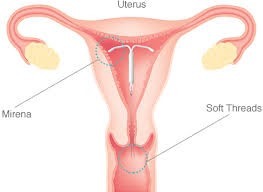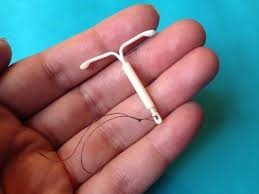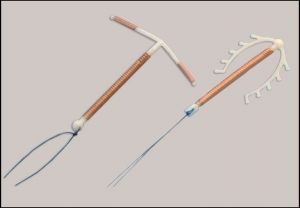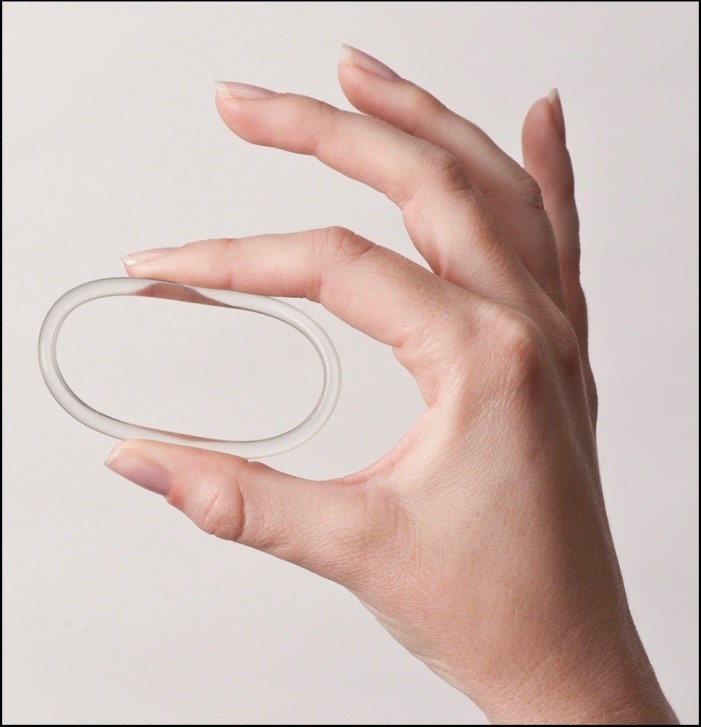Contraception
Contraception - prevention of pregnancy
There are many different types of contraception and it is important to choose what is best for you. Many factors will influence your decision and it can help to discuss this with your doctor to work out which method will suite you best.
The most commonly used methods of contraception are the condom and the oral contraceptive pill.
Long Acting Reversible Contraceptives (LARCs) or “set and forget contraception” can last from 3 months to 10years . LARC include Intrauterine devices (IUDs), Implants and injections.
IUD’s and implants require a trained Dr to insert and remove and can be done in our women’s health clinic.
Long Action Reversible Contraceptives (LARCS)
Long Acting Reversible Contraceptives (LARCs) or “set and forget contraception” can last from 3 months to 10years . LARC include Intrauterine devices (IUDs), Implants and injections.
IUD’s and implants require a trained Dr to insert and remove and can be done in our women’s health clinic.
- Hormonal IUD (Mirena) is a small plastic T-shaped device that is fitted inside the uterus. It contains the hormone Levonorgestrel (52mg over 5 years) that is slowly released into the uterus over 5 years.
The Mirena is 99.8% effective. It can often make menstrual periods lighter or even cease and is easily reversible. It can be used during breastfeeding. Has no protection against STI’s or HIV/AIDS.

- Hormonal IUD (Kyleena) is a small plastic T-shaped device that is fitted inside the uterus. It contains the hormone Levonorgestrel that is slowly released into the uterus over 5 years. It contains a smaller dose of Levonorgestrel (19.5mg over 5 years) compared to the Mirena and has less progestogen related side effects.
The device is a smaller dimension than Mirena and ideal for women who have not had children. The Kyleena is 99% effective and can be used during breastfeeding. Has no protection against STI’s or HIV/AIDS.

- Copper IUD is a small plastic device with copper wire wrapped around it. It is placed inside the uterus and stops the sperm from reaching the egg or any fertilized egg from attaching to the wall of the uterus.
It has no hormone so will not have any effect on the women’s menstrual cycle, however it could cause periods to become heavier. Copper IUD can stay in place for up to 10 years and can be used during breastfeeding. The copper IUD is 99.2% effective. Has no protection against STI’s or HIV/AIDS.

- Implant (Implanon NXT) is a small rod that is inserted under the skin on the inner arm above the elbow. It will release progesterone continuously over 3 years.It works by preventing the lining of the uterus growing & forming a thick mucous plug in the cervix so egg and sperm cannot come together.
It will also variably stop ovulation (stops the egg being released). Implanon is 99.9% effective. The implanon can change your bleeding pattern, for most it becomes lighter or will cease and for about 1 in 5 women it may cause irregular or persistent bleeding.It can be used during breastfeeding.Has no protection against STI’s or HIV/AIDS.

- Injections – Depot medroxypogesteone acetate (DMPA) is an injection into the muscle every 12 weeks. It works by stopping ovulation (stops the egg being released). Periods may also stop. It is 94-99.8% effective and can be used during breastfeeding.Has no protection against STI’s or HIV/AIDS.
Shorter Acting Hormonal Methods
- Combined oral contraceptive pill (“The Pill”) contains the hormone oestrogen and progestogen. It works by stopping ovulation (stops the egg being released) and needs to be taken at the same time each day. It can regulate the menstrual cycle and is 91-99.7% effective. The pill may not be suited to all people and is not generally used if breastfeeding. Has no protection against STI’s or HIV/AIDS.
- Progestogen only pill (“Mini Pill”) contains only progestogen. It prevents the sperm from reaching the egg and must be taken at the same time each day. The mini pill can be used during breastfeeding and is 91-99.7% effective. Has no protection against STI’s or HIV/AIDS.
- Vaginal ring (NuvaRing) is a soft plastic ring that is self-inserted into the vagina. The ring remains in place for 3 weeks, removed for 1 week and then a new one inserted.
It contains the hormone oestrogen and progestogen, much like “The Pill” but is absorbed through the vaginal wall and works by stopping ovulation (stops the egg being released). Nuvaring may not be suited to all people and is not used if breastfeeding. Has no protection against STI’s or HIV/AIDS.

Barrier Methods
Barrier Methods Include male and female condoms as well as the diaphragm. The barrier method prevents semen from entering the uterus.
- Male condom is commonly made from latex (although other forms available) that is rolled onto the erect penis before sexual intercourse. The male condom is readily available, it can be used during breastfeeding and is 85-98% effective. Can be used as a back-up for other methods of contraception. The condom has protection againstSTI’s or HIV/AIDS.
- Female Condom is a this sheath of polyurethane that is inserted into the vagina instead of over the penis. Can be used while breastfeeding and is 80-90% effective. The condom has protection againstSTI’s or HIV/AIDS.
- Diaphragm is a silicone cap which is inserted into the vagina prior to sex to cover the cervix. Can be used while breastfeeding and is 80-95% effective. Has no protection against STI’s or HIV/AIDS.
Emergency Methods
Emergency Methods
- Morning after pill – Is a single dose pill taken after unprotected sex or contraception failure. May be purchased from a pharmacy without a prescription. May prevent pregnancy by delaying release of an egg. Does not prevent fertilization, inhibit implantation or end a pregnancy. Best taken in the first 24hrs but can be taken up to 3 days (72hrs).
Permanent Methods
Permanent Methods involves a surgical procedure by a surgical Dr. these methods are 99.5% effective.
- Tubal Ligation (Females) – Fallopian tubes are surgically closed to stop the egg and sperm meeting. This will require a general anaesthetic in hospital and requires a referral to a specialist.
- Vasectomy (Males) – Vas deferens are closed off to stop sperm from leaving the testies. Vasectomy can be done under General anaesthetic or Local anaesthetic, usually in hospital and required a referral to a specialist.
Get in touch
Use our quick contact form, or visit our Contact page for more options.
Give us a call
02 9679 1098
Services
Visit our Services page
Business Hours
Please contact us to organise an appointment.
